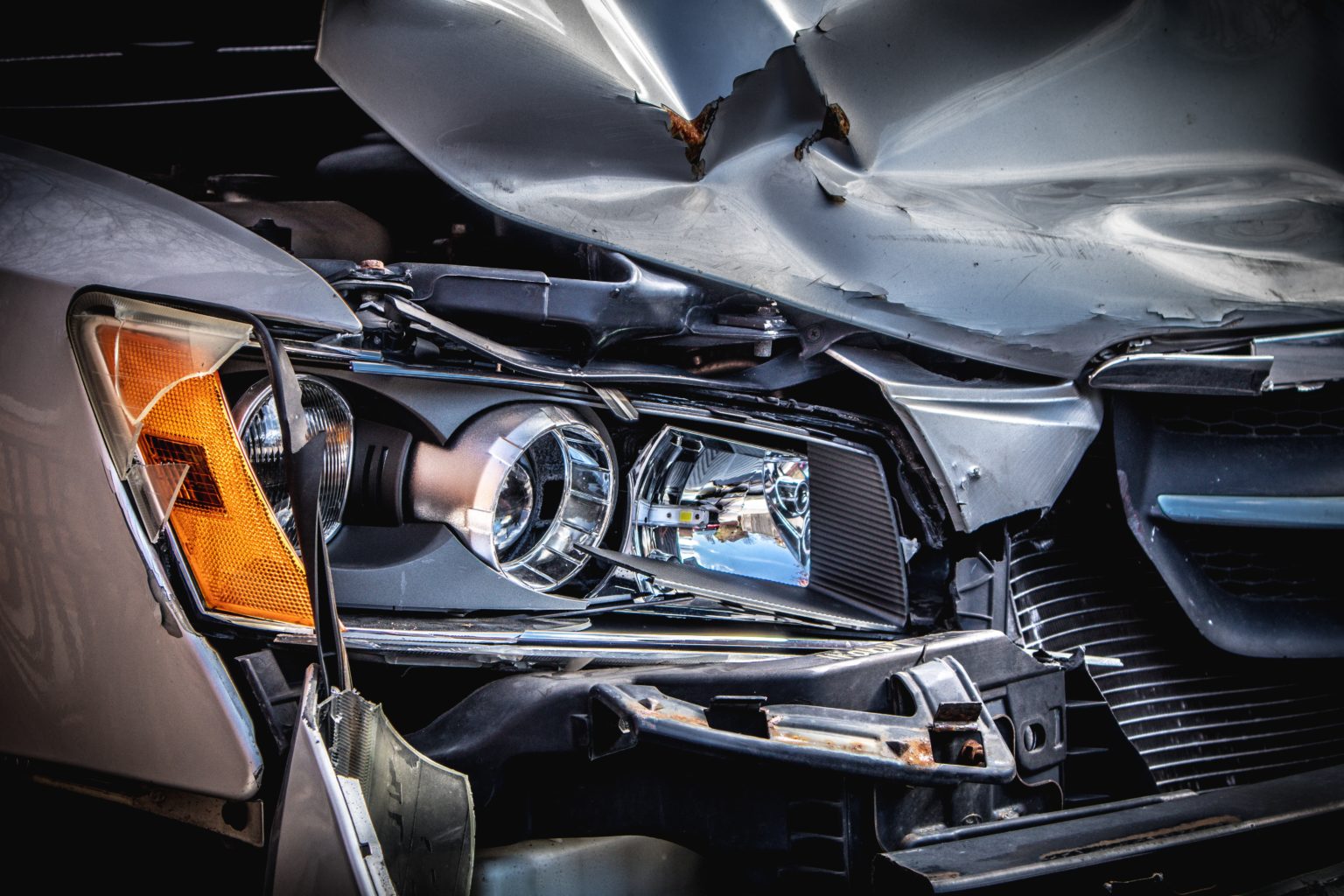You’ve just been involved in a car accident, and your car is literally a wreck.
Sometimes, it’s immediately clear that your car can be fixed or clearly can’t be repaired at all. In other cases, the nature and extent of the property damage and what you can expect are still to be determined.
The process of getting your damaged vehicle claim resolved brings up some common questions.
Will insurance pay to fix (or total) my car?
Whether insurance will pay to fix or repair your car depends on a few factors:
If you were at fault for the crash, then it depends entirely on whether you carry comprehensive/collision coverage on your own auto insurance policy. (Remember that the mandatory Property Damage coverage Florida drivers must carry only applies if another driver causes your damages.)
Comp/collision, on the other hand, is not a mandatory coverage in Florida, so not everyone carries it. (Often, comp/collision is required if you are leasing or financing your vehicle). The bottom line is that if you don’t carry comp/collision, you are on your own with respect to your damaged vehicle.
If you were not at fault, then you have two potential options. The sure-fire option is that the at-fault driver has at least $10,000 in property damage coverage, a mandatory coverage in Florida, for such damages.
PD claims allow you to claim not only for your damaged car but also for other things that get damaged in the crash.
Your second option depends again on whether you carry comp/collision coverage. The advantage to using your comp/collision is that you should be able to get pretty immediate relief; PD claims depend on the other driver’s insurance company accepting liability.
And sometimes, it takes time for the insurer to investigate and assess fault. The disadvantage to going through your own comp/collision is that you will have to pay out of pocket for your deductible. You then wait until your insurance company gets reimbursed by the other guy’s insurance to get your deductible returned.

Will insurance put me in a rental?
Whether insurance will put you in a rental while your car is in the shop also depends on several factors.
- If you were at fault for the crash, a rental depends on whether you carried rental reimbursement coverage, another optional coverage in Florida. Check the “Declarations” page of your insurance policy to see if you elected that coverage. If you did, the amount of coverage you have may be expressed as a per rental day limit and an overall limit (e.g., 25/750 means $25 per day and $750 in total). This dictates the type and length of your rental coverage.
- If the other driver was at fault, the other driver’s insurance should put you in a rental while your car is being repaired. If your car is a total loss, then normally you can get a rental for a certain amount of time (tied to when your total loss claim is settled). You are generally entitled to a rental comparable to the vehicle you were driving. (For example, an SUV if you were driving an SUV.)
What can I expect if my car is totaled?
You can expect your vehicle’s Fair Market Value.
That saying about how your new car depreciates the minute you drive it off the lot is a reality that you may, unfortunately, experience firsthand when your car’s property damage turns out to be a total loss.
That’s because regardless of the amount you still owe on your car or the fact that your well-loved (i.e. old) car worked just fine, you are still only entitled to your car’s fair market value after an accident.
Absent gap insurance, which can cover the difference between the total loss value and your loan amount, it’s unfortunately not uncommon for a car owner to have to come out of pocket to make up the difference and/or get into a replacement vehicle. This really stinks when the other guy crashed into you!
Under the circumstances, my best recommendations are to:
- Do your homework. Research what comparable cars to yours are going for.
- Identify any recent maintenance or work you’ve done on your car. Even something as minor as a recent oil change helps, as you can no longer enjoy the full benefit of fresh oil in your now-totaled car’s engine.
- Finally, with car shortages induced by COVID a new, though hopefully not permanent, normal factor, start your replacement car shopping at the first hint that your car will be deemed a total loss. In addition to a dearth of car options, the other guy’s insurance will stop paying for the rental car once your total loss claim is settled.
But now my car is not worth as much
In certain cases, you can make a Diminished Value Claim.
These claims address the reality that your car’s market value after a crash is not the same as before the crash.
Among other realities is the fact that your newly-repaired vehicle now has a blemish on its record. It may also no longer be as safe or reliable as it previously was.
Diminished value claims are available only if you were not at fault. The claims also can only be made against the at-fault driver’s policy.